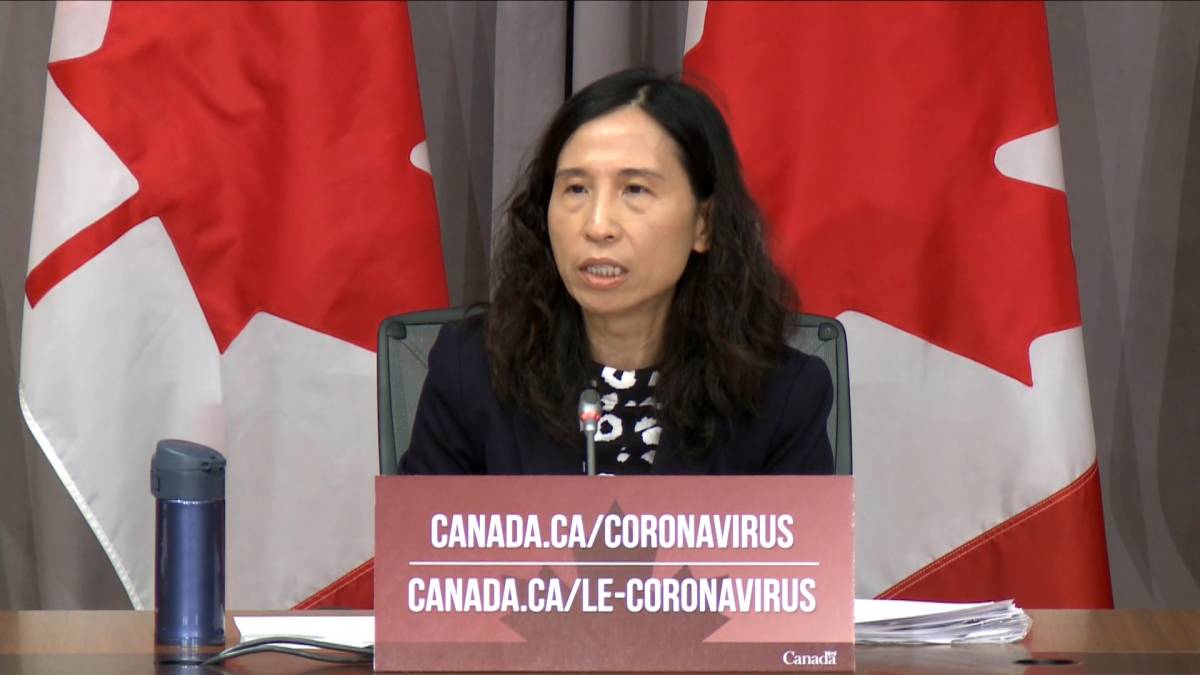Coronavirus: Accessibility advocate calls on Ford government to provide support for special needs students
A Toronto-based accessibility advocate is calling on the Ontario government for a comprehensive plan to remove barriers that online learning creates for students with disabilities.
“We’ve been calling on the government to show leadership. Whether it’s the crisis in nursing homes or the crisis facing students with disabilities, it’s the recurring failure to lead,” said David Lepofsky of Accessibility for Ontarians with Disabilities Act (AODA) Alliance.
On Tuesday, the Ford government announced schools across the province will remain closed for in-person learning due to the coronavirus pandemic.
In addition, Education Minister Stephen Lecce, acknowledging that families of students with special needs need more support, announced two new initiatives specific to those students.
READ MORE: Online schooling not a smooth transition for parents during COVID-19
“We’ve put out an expectation to our boards of education that every single mental health and special education resource that is funded in this province is fully unlocked to support our kids,” said Lecce.
Lepofsky called that offer “ineffective” and “wasteful.”
[ Sign up for our Health IQ newsletter for the latest coronavirus updates ]
“What they’ve done is they’re leaving it to every one of over 70 school boards to each face the same problems and have to reinvent the same wheel all in the middle of a crisis,” he said, adding the minister’s statement “falls far short of the urgent action one-third of a million Ontario students with disabilities immediately need.”
Lecce also announced a new program for children with Autism Spectrum Disorder (ASD).
READ MORE: Ontario parents, teachers say transition to e-learning will be a learning process
“There’s a two-week specialized program extended to kids in special education, mental health challenges. This program is going to help them re-climatize themselves back to school,” added Lecce.
“It’s really focused on behavior and communication.”
To help teachers and parents of students with disabilities, the AODA Alliance and Ontario Autism Coalition recently teamed up for a vitual town hall to share teaching strategies from experts to help students with disabilities.
But Lepofsky pointed out, despite repeatedly asking the Ford government, the tips outlined in the town hall have not been shared with school boards or frontline teachers.
Nicola Jeffrey is a Toronto mother of three, including a five-year-old son in junior kindergarten with ASD.
“He’s probably on the moderate to severe end of things. He’s verbal, but it’s limited — it’s not conversational,” explained Jeffrey.
“With school and the therapy he was having, he was learning to cope with those things and he’s made such amazing progress and without those in place those behaviours start to come back.”
Jeffrey has attempted the online learning provided by her Scott’s school but it’s been difficult.
“I just think it’s an impossible situation because unless you’re in person in a classroom, in JK-aged kids, you just can’t, it’s impossible and that’s before you even get to the special needs part of it,” she said.
READ MORE: Ontario government launches online program for students out of school
Jeffrey said she heard about the government’s plans for a two-week transition program for students like her son.
If it is offered online, Scott will not be enrolled.
“It’s laughable really like for so many kids with additional needs,” she said.
“They have unique behaviours and need help, and you can’t offer a one-size-fits-all for all kids.”
© 2020 Global News, a division of Corus Entertainment Inc.

